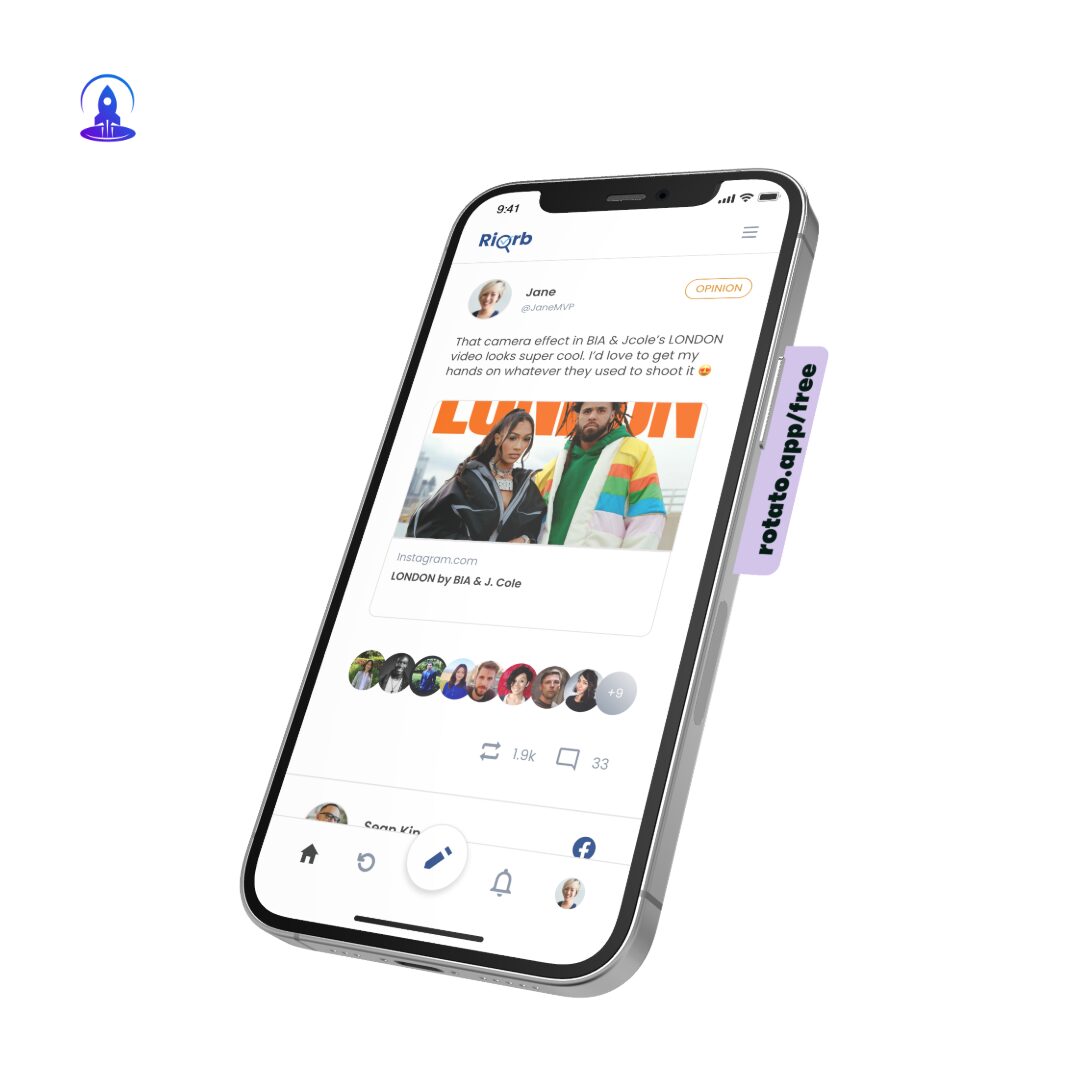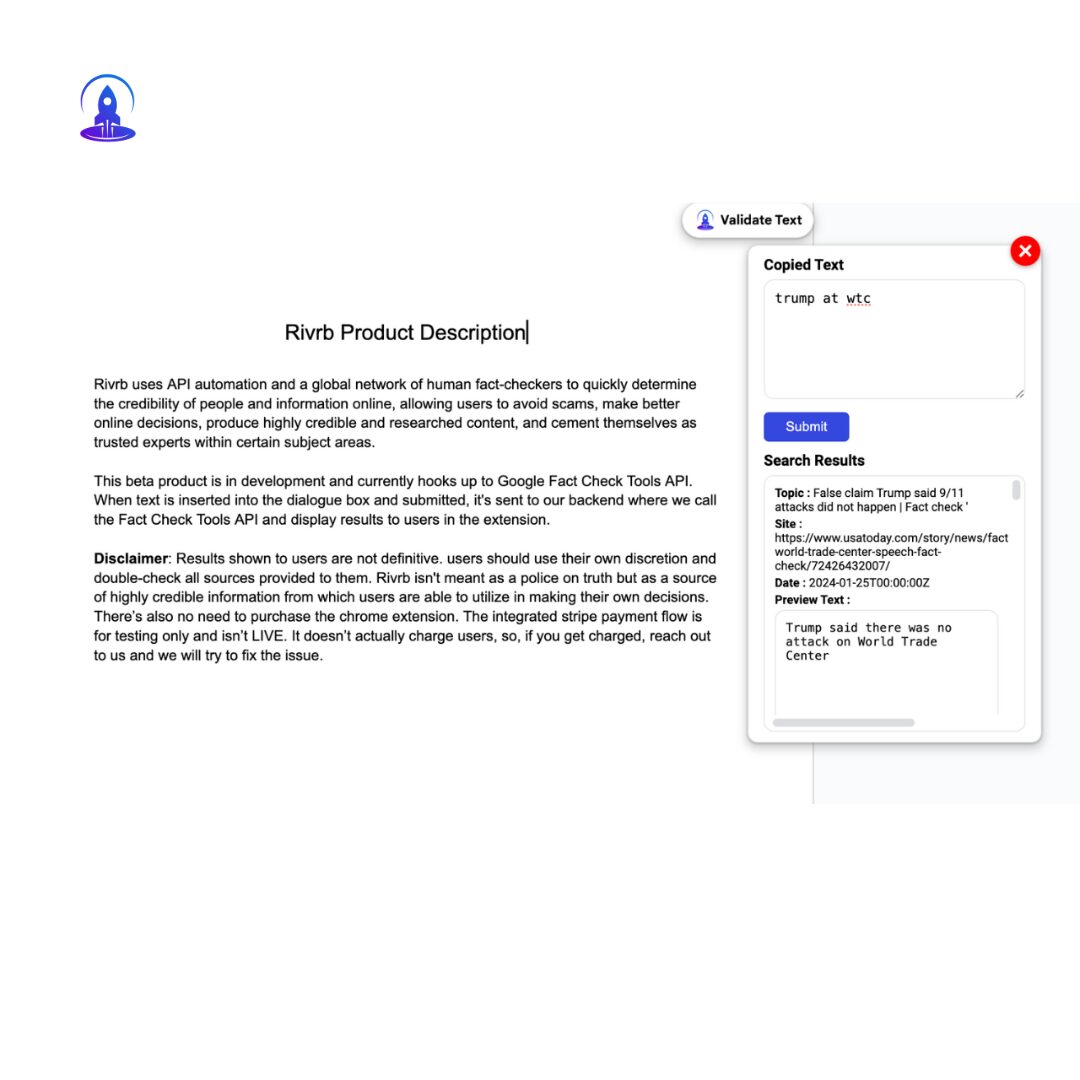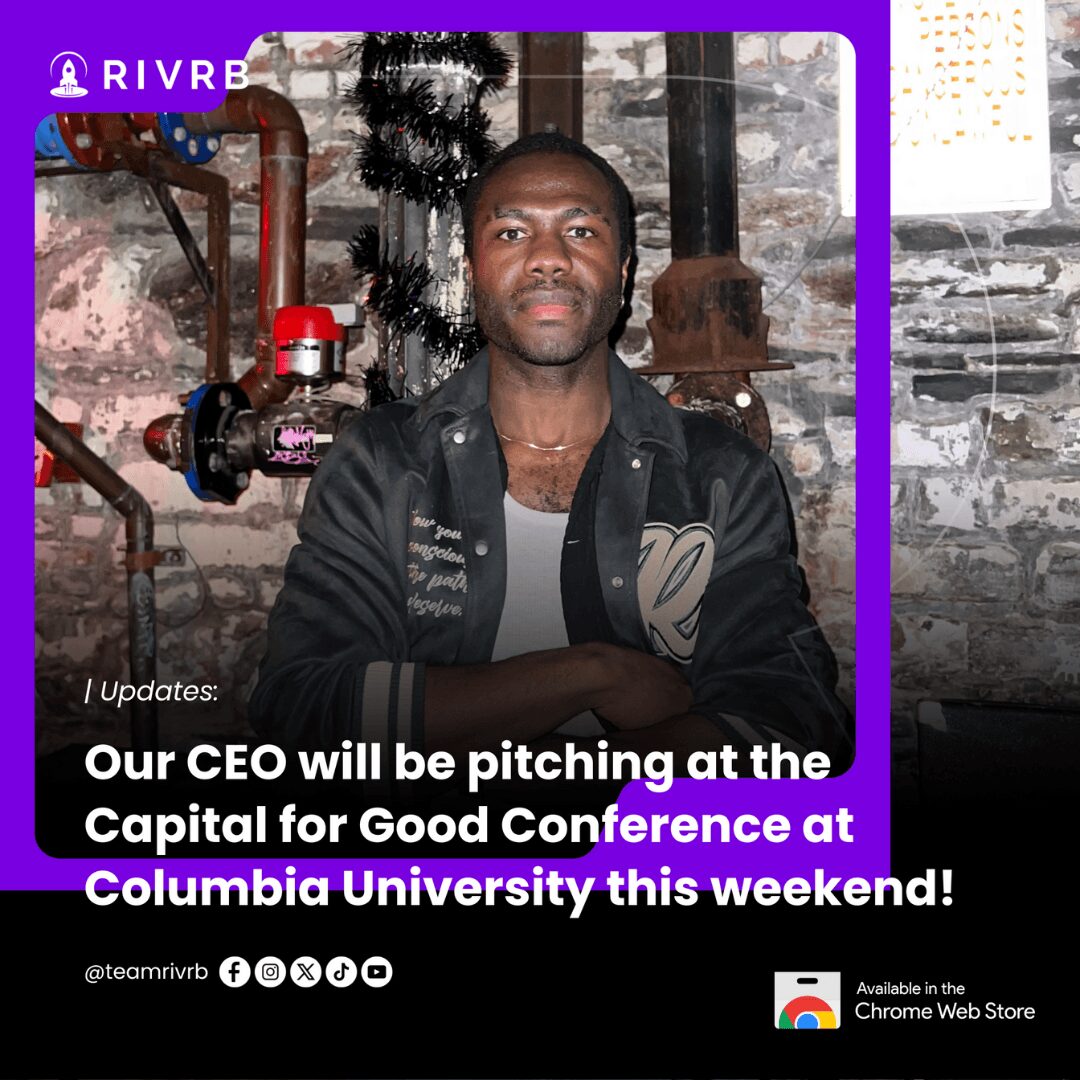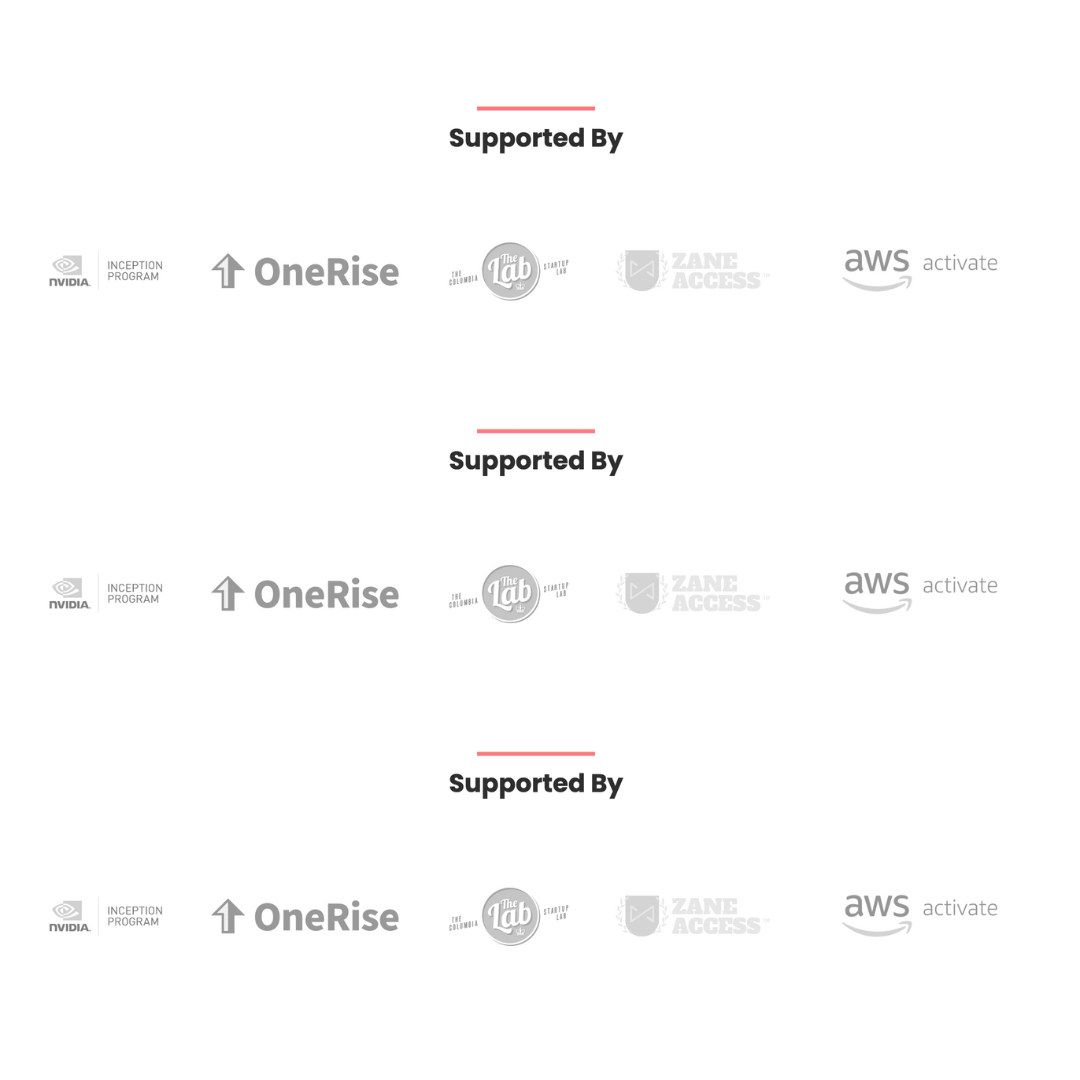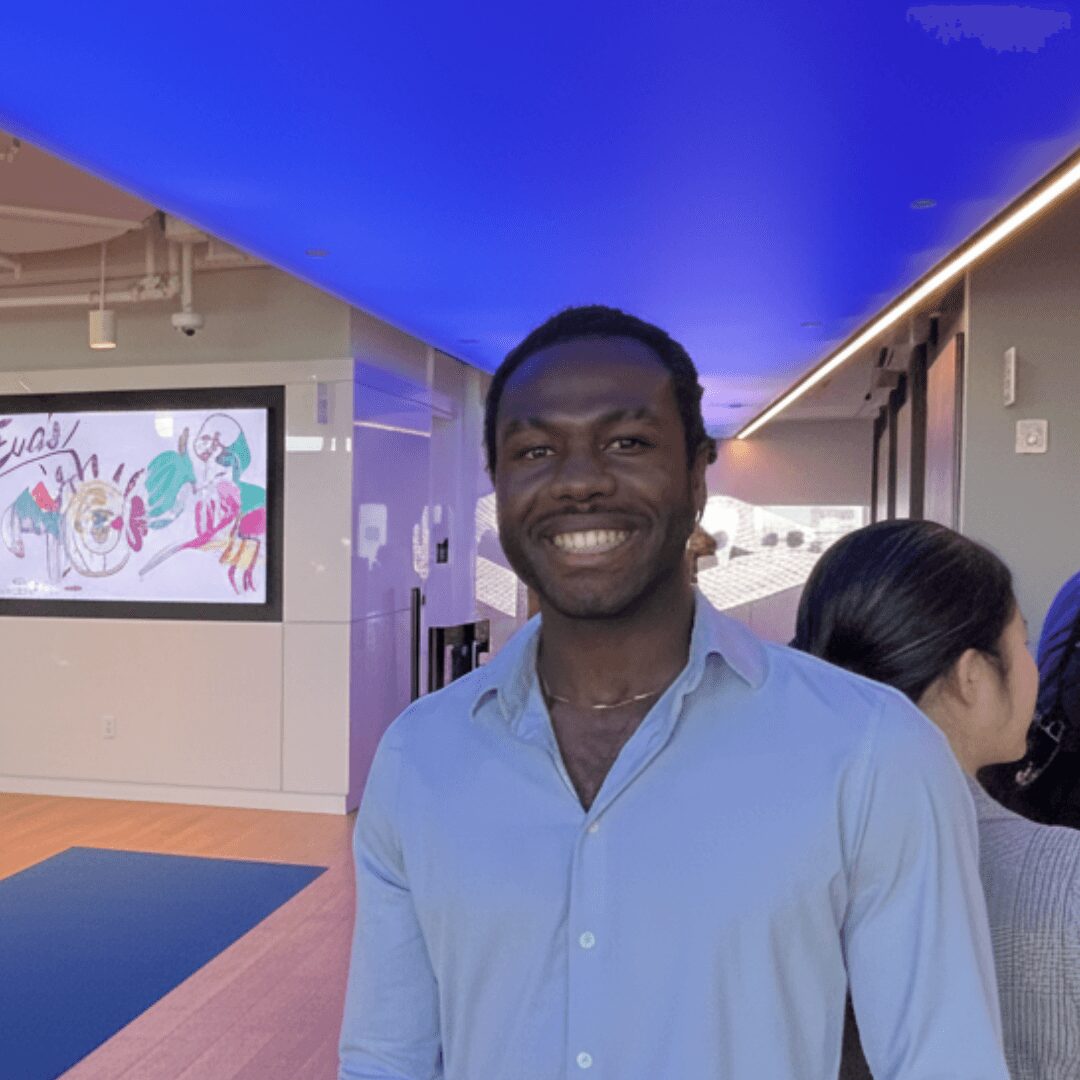

Today we’d like to introduce you to Calvin Goah.
Hi Calvin, thanks for joining us today. We’d love for you to start by introducing yourself.
My venture into tech started off with a visit to Columbia University when I was a Senior in high school. During this Columbia sponsored visit, I got the opportunity to tour the offices of Bloomberg. It was the first time I was exposed to the impact that software engineering has on the real world. I was super fascinated by how lines of code were the driving force behind such a behemoth. It was at that moment that I decided I wanted to study computer science.
Fast forward a couple of years and I found myself starting a company with some previous Columbia classmates of mine and a friend from high school. I had noticed how segmented online communities seemed to be during and after the 2016 presidential election. Different online communities experienced the same information in drastically different ways, leading to drastically different interpretations and outlooks. I wanted to create a system that would allow people, no matter their political or ideological affiliation, to have access to the exact same, verifiable, and trusted information no matter where they found themselves on the internet. That was the birth of Rivrb, a system for creating a more informed online community.
Working on Rivrb has been especially challenging as I’ve also been working as a full-time software engineer for the past six years. I’ve had to bootstrap the company myself with the occasional aid of friends and family members. Institutional investors have shied away from Rivrb as it’s been difficult to showcase the financial viability of this socially impactful work. This has been the greatest challenge for me as founder and CEO of Rivrb. I’ve explored various market segments trying to find individuals that would find our product useful enough to purchase and integrate into their workflows… the result? Journalists are skeptical about AI auto-fact-checking. Publishing houses want to retain their in-house fact-checkers or offload the costs of fact-checking to authors. Non-fiction authors are especially reluctant to have an AI auto-fact-check their work and often opt for peer reviews if their subject matter is especially technical. Lastly, general users gravitate towards sensational content as opposed to content supported by facts.
Despite these struggles, the departure of my co-founders, and a slew of pivots, I’ve stuck with building Rivrb primarily because I strongly believe that as the internet continues to evolve and AI usage becomes even more prevalent, humans are going to need a system to help determine what is grounded in reality versus what is wholly sensationalized.
We all face challenges, but looking back would you describe it as a relatively smooth road?
It has definitely not been a smooth road! There have been many challenges but the most prominent ones have been: My lack of connection to VCs, the founding approach towards Rivrb, and our go-to-market strategy. I’ll talk about each in turn.
As a first-generation, low-income college graduate, my network of high net worth individuals have been extremely limited. This is an aspect of the startup world that is rarely talked about. Most VC’s are always questioning the commitment of founders who have a day job. For someone like me with no connections to wealthy family members or friends, I have to fund the majority of my startup expenses during the pre-seed stage. So when VC’s ask, “is this your full-time job” and I respond with “no,” it always comes off as them questioning my commitment. But think about it, if I wasn’t committed to Rivrb, would I spend five years of my twenties building out this platform and enduring countless nights of stress and uncertainty? The answer is a resounding no! But that’s just half of the problem. The other half is figuring out how to get warm-intros to different VC offices and being able to sell them on the vision of Rivrb. This is where the next challenge starts.
I started Rivrb from a position of, “the world needs something like this,” as opposed to, “this client has told me they would purchase something like this if I build it.” I was sure that if we built a platform where we are able to automatically validate/verify information that people would find it extremely valuable and useful. I was wrong. We built several different iterations of Rivrb— a chrome extension to help journalists fact-check content, a social media app that would automatically validate content that’s posted to the platform, a service for fact-checking manuscripts, etc.—but none of them panned out the way we intended. This challenge stems both from our good nature of wanting to do social good, and from my background as an engineer and being too eager to build tech solutions as opposed to building market solutions. This challenge directly ties into the last major challenge.
As a result of the two previous challenges, our go-to-market strategy has been extremely tough. We’ve explored different market segments. From journalists to YouTubers and publishing houses, we’ve tried it all. But each time we’ve been met with tough market adoption. It’s been extremely difficult convincing people to use Rivrb to help validate information. This problem is exacerbated by the fact that we don’t have enough funding to dedicate the appropriate amount and number of resources and employees needed to fully build out the product—so we’re going to market with a less-than-optimal product.
All in all, we’ve faced many challenges, but the vision of creating a safe and more informed online community has kept me going.
As you know, we’re big fans of Rivrb. For our readers who might not be as familiar what can you tell them about the brand?
Rivrb is on a mission to help everyone make better online decisions. Imagine you find yourself on a website that you may not be fully confident in. You don’t know who the author is or if they’re credible in the subject matter they’re writing about. Moreover, you may not know if the claims being made in the article are substantiated by trustworthy sources. That’s where Rivrb comes in. Turn on the River Chrome Extension and your browser is automatically refreshed to show you all this information. The extension scans the page you’re on and identifies all individuals, claims, locations and other relevant information that could potentially be verified. Our system then performs validation checks on all that content and allows you to hover over claims and entities in your browser and follow the breadcrumb of evidence to help you make informed decisions while browsing this page.
Moreover, you can access the Rivrb social media app and post anything you want on the platform and it’ll automatically be validated in a similar manner as above. The social media app provides you a trustworthy social media platform where you’re able to consume content from various creators while also being able to follow the breadcrumbs and determine for yourself whether you wish to engage with the information or creator.
Rivrb is different from other products on the market because it’s a unique combination that protects the integrity of information people consume both on the general internet as well as on social media. This allows individuals to truly feel secure when consuming content no matter where they find themselves. The use-cases for Rivrb are endless: YouTubers can use it to fact-check their uploads before posting and provide their viewers with a fully researched transcript, buyers are able to get automated reports on sellers from different platforms so they can make informed decisions, students can use it to speed up their research workflows, etc.
If anyone is interested in testing out Rivrb, please reach out to calvin.goah@rivrb.com.
What matters most to you? Why?
Trust and integrity are the two most important things to me. Being able to trust in people, information, etc. are elements that make life so much better. It allows people to make good decisions while building good relationships with others. What makes trust even more valuable is that it takes a long time to build but a short time to erode. Nearly everything in life is based on trust. Because we can’t be everywhere at once and aren’t privy to every conversation or interaction, we have to trust in others. We have to trust in manufacturers, doctors, engineers, banks, politicians, etc., and when this trust starts to erode it can lead to dire consequences for both parties.
Lastly, integrity is also very important to me. What are you willing to say no to? Life is all about choices and if you’re willing to do everything regardless of the situation then it’s hard for me to trust you. Integrity makes trust easier because it provides a blueprint for how people are going to behave in the future. In order to have a strong sense of integrity you must know yourself and what you want out of life. This is often the hardest part and where most people fail. I often fail, but the key is to never give up and to always strive to repair relationships where integrity may have faltered.
Pricing:
- Rivrb Custom Fact-Checking (Priced per manuscript size)
Contact Info:
- Website: https://rivrb.com/
- Instagram: https://www.instagram.com/teamrivrb
- LinkedIn: https://www.linkedin.com/company/teamrivrb
